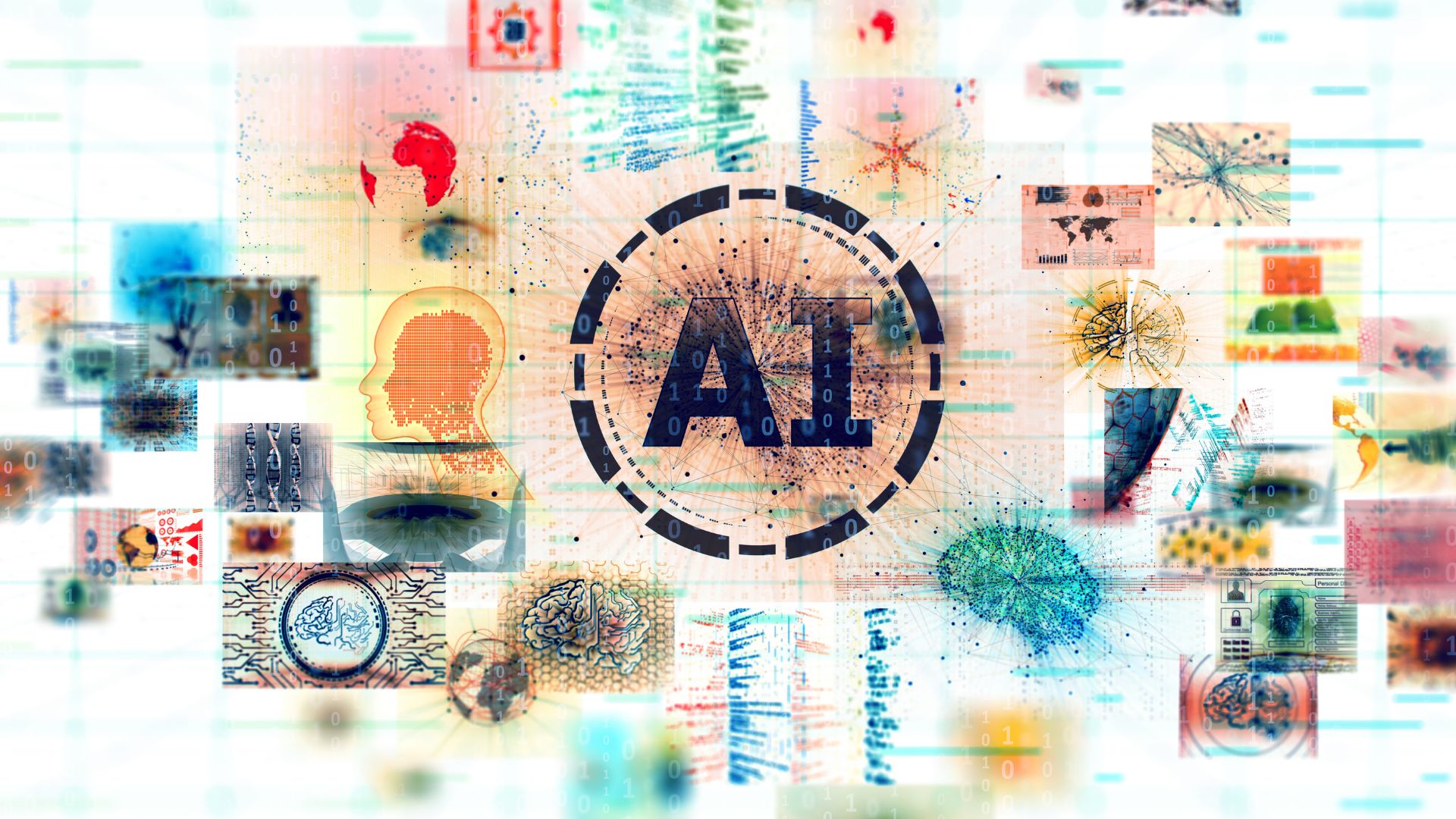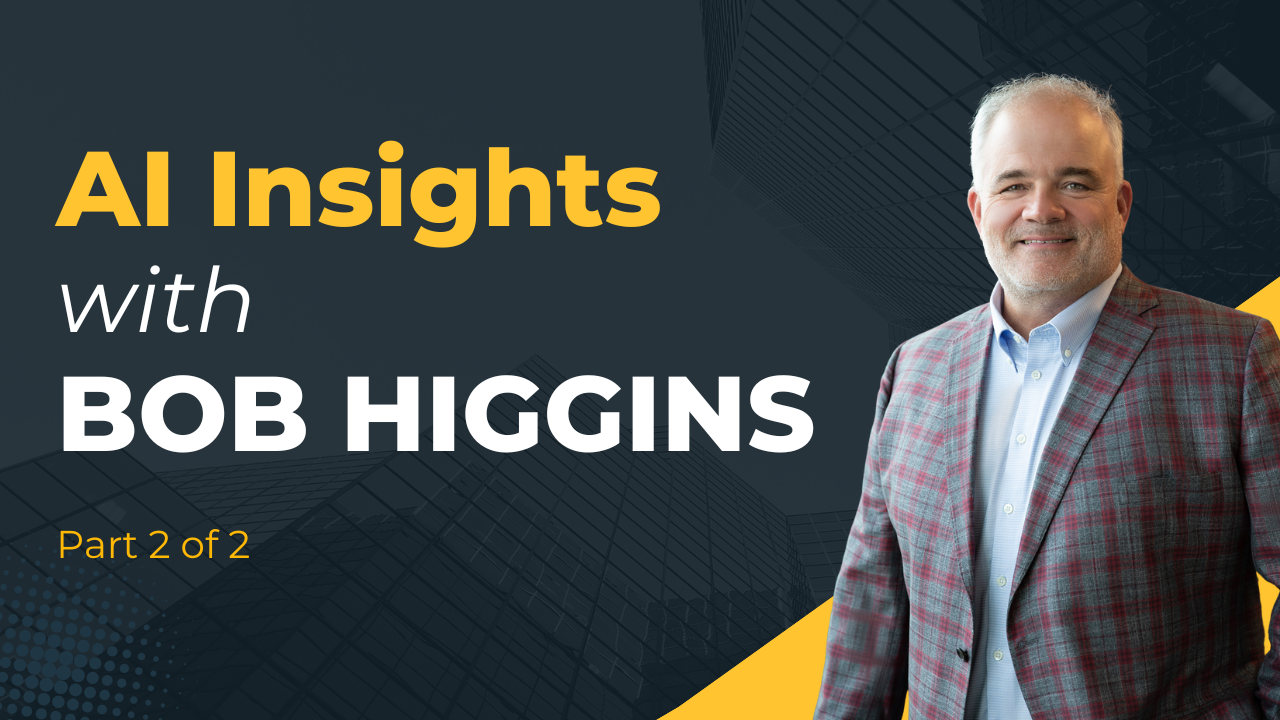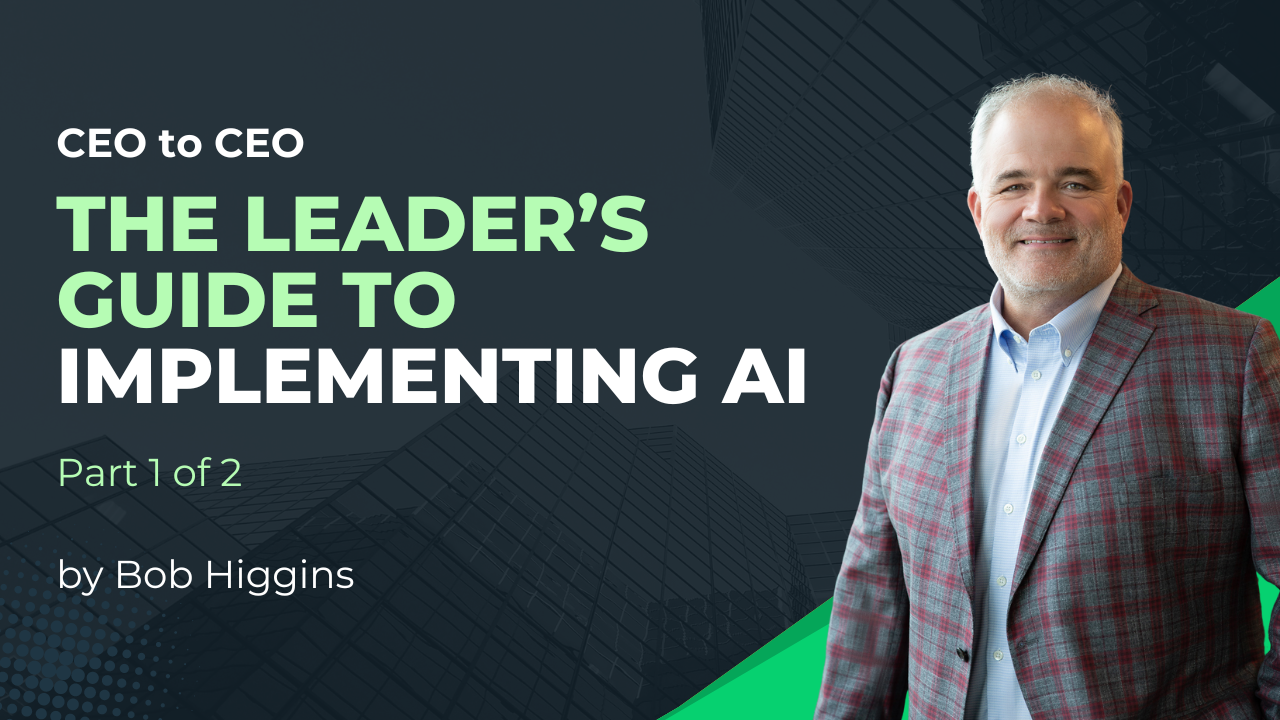6 AI Terms Every Leader Should Know

Artificial intelligence (AI) is undeniably a media darling, attracting the attention of audiences around the world. Everywhere we turn, there is a new mention of artificial intelligence and how it is changing our lives. However, it appears that this focus is creating more questions than answers.
The questions “what is AI?” and “why should I care?” are at the forefront.
Over the next few weeks, we are releasing a series of articles that aims to answer these and other important questions, especially as they relate to the workplace. They will equip you with a broad understanding of artificial intelligence, address the advantages and hazards of AI, highlight the most critical conversations happening in businesses, and provide you with practical steps to pursue AI in your organization.

Defining Artificial Intelligence
Before we look at a model or framework, let’s begin with the term Artificial Intelligence. We’ve heard it for years, haven’t we? Here’s our working definition: A machine’s ability to perform the cognitive functions we usually associate with human minds. For example, think reasoning, learning, problem solving, and even creativity.
A great place to start is “the big picture.” Let’s build a common understanding of AI’s main elements and how they relate to one another. We then will add details on this AI landscape in our next articles.
1. Machine Learning
Machine learning is a subset of AI that gives it the ability to learn from many types of content. It uses algorithms to detect patterns and learn how to make predictions and recommendations based on that experience. Imagine it as evolution or continuous improvemenst.
2. Generative AI (Gen AI)
Gen AI differs from traditional AI technologies that companies have been using for some time. Those applications only describe or predict something based on existing content. A key difference is Gen AI’s ability to create new content. As you no doubt have seen, it creates text, code, music, video, and images. It’s amazing what Gen AI can generate, and it is only getter better.
3. Large Language Models (LLMs)
These models are trained on massive amounts of text (hello internet) and learn the relationships between words or portions of words, known as tokens. The model essentially forms a statistical probability distribution for word sequencing. In other words, LLMs predict the word that comes next when given a piece of text.
4. ChatGPT
ChatGPT exploded onto the scene in late 2022. An application of LLMs, a GPT is always trying to produce a reasonable continuation of whatever text it’s gotten so far…what one might expect someone to write after seeing what other people have written on billions of other examples. Think about it as the world’s largest “auto-complete”. And a GPT incorporates a conversational chatbot to create content, thereby giving us ChatGPT.
ChatGPT is by far the fastest growing app ever, and it put Gen AI in the spotlight. And the best part? You don’t need an advanced degree to interact with it or get value from it. Nearly anyone who can ask questions can use it.
In addition to those four core components of AI, there are two important terms that you need to be familiar with as you advance AI in your organization.
5. Prompt Engineering
Prompt engineering is the process of designing and optimizing input prompts for ChatGPT and other applications. This is critical to learn because it helps us realize the most value from Gen AI. Prompt engineering is both an art and a science. I strongly recommend you invest time in getting proficient at this skill.
6. Hallucinations
Hallucinations are when AI answers questions with plausible but definitely untrue assertions. They often are confidently stated as fact, which can be embarrassingly misleading. Just be aware that inaccuracies are a thing. And they can be a big barrier to widespread AI adoption in your organization.
Next Steps
If you haven’t downloaded the free pdf guide (on this page), be sure to get that now. Over the next few weeks (and posts) we will share more practical AI insights for leaders: understanding the risks, navigating the changes, and leveraging all of the benefits.

Gary McClure is a senior consultant at Thrivence, a consulting firm specializing in strategy, leader development, organizational performance, and technology. For more than 15 years, Gary has led organizational transformation initiatives and taught leaders how to navigate successful change. He can be reached at gary.mcclure@thrivence.com.



